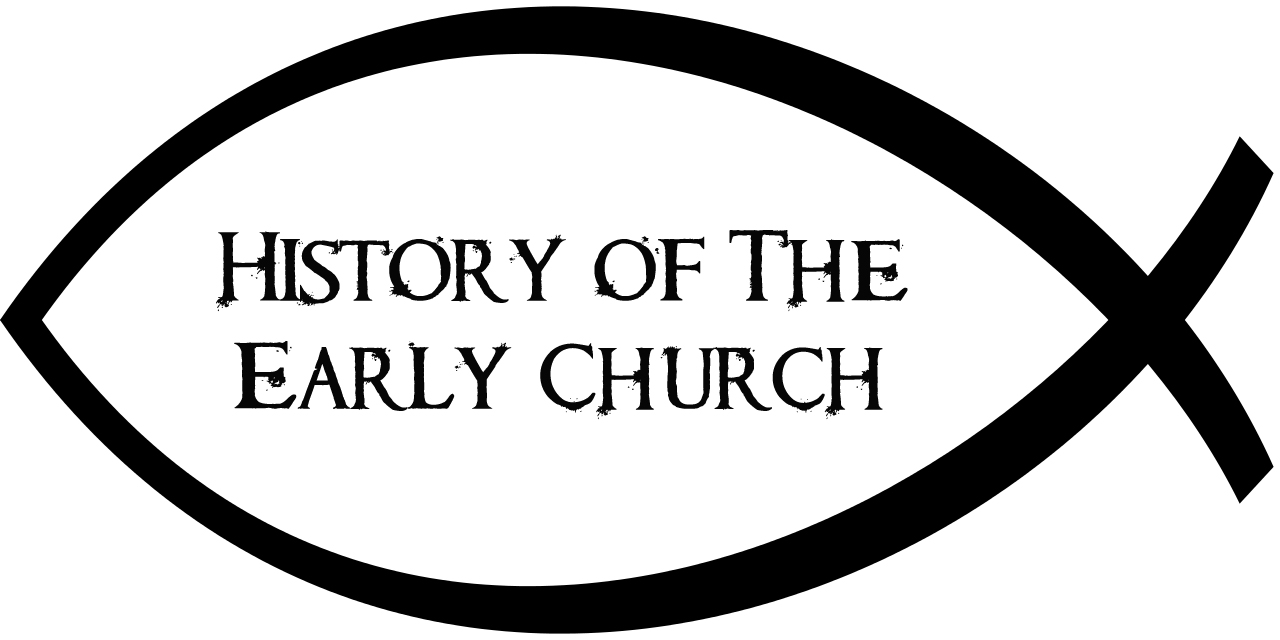
One of America’s earliest religious communities, the Ephrata Cloister was founded in 1732 by Conrad Beissel, a German pietist mystic. Beissel’s ideas and charisma soon attracted other German settlers seeking spiritual goals, rather than earthly rewards. Gathered in unique European-styled buildings, the community focused their lives on Jesus Christ and His kingdom. The members of the Cloister observed Saturday as the day of worship. Celibacy was encouraged, and by the middle of the 1700s, the Ephrata community consisted of about eighty celibate brothers and sisters. However, there were also about 200 married couples and families associated with the Cloister, who lived on nearby farms.
The lifestyle of the celibate members, known as the Solitary, was characterized by discipline and self-denial. Simple diets, brief periods of rest, hard work, and special times for private meditation were viewed as important principles in living a pure and godly life.

The members of the Ephrata Cloister became known for their music, calligraphy and printing. Conrad Beissel wrote music with his own special style, using “master notes” and “servant notes” to create harmony. In 1771, an observer wrote about their unique music: “The music had little or no air or melody, but consisted of simple, long notes, combined in the richest harmony. It is impossible to describe … my feelings upon this occasion. I almost began to think myself in the world of [heavenly] spirits.”

Following the death of the last celibate member in 1813, the married members of the Ephrata congregation formed the German Seventh-Day Baptist Church. Members continued to live and worship at the Cloister until 1934. In 1941, the Commonwealth of Pennsylvania acquired the historic site and began a program of restoration. The Ephrata Cloister is now a public historical site.

Ephrata Cloister Chorus. This CD contains 26 tracks of beautiful, other-worldly spiritual music from the 1700s. The first 6 tracks are hymns written by Conrad Beissel and originally sung by the members of the Ephrata Cloister. The CD also contains hymns from the Moravians, Shakers, Brethren, and even a few African American spirituals. Some songs contain piano or organ accompaniment.
